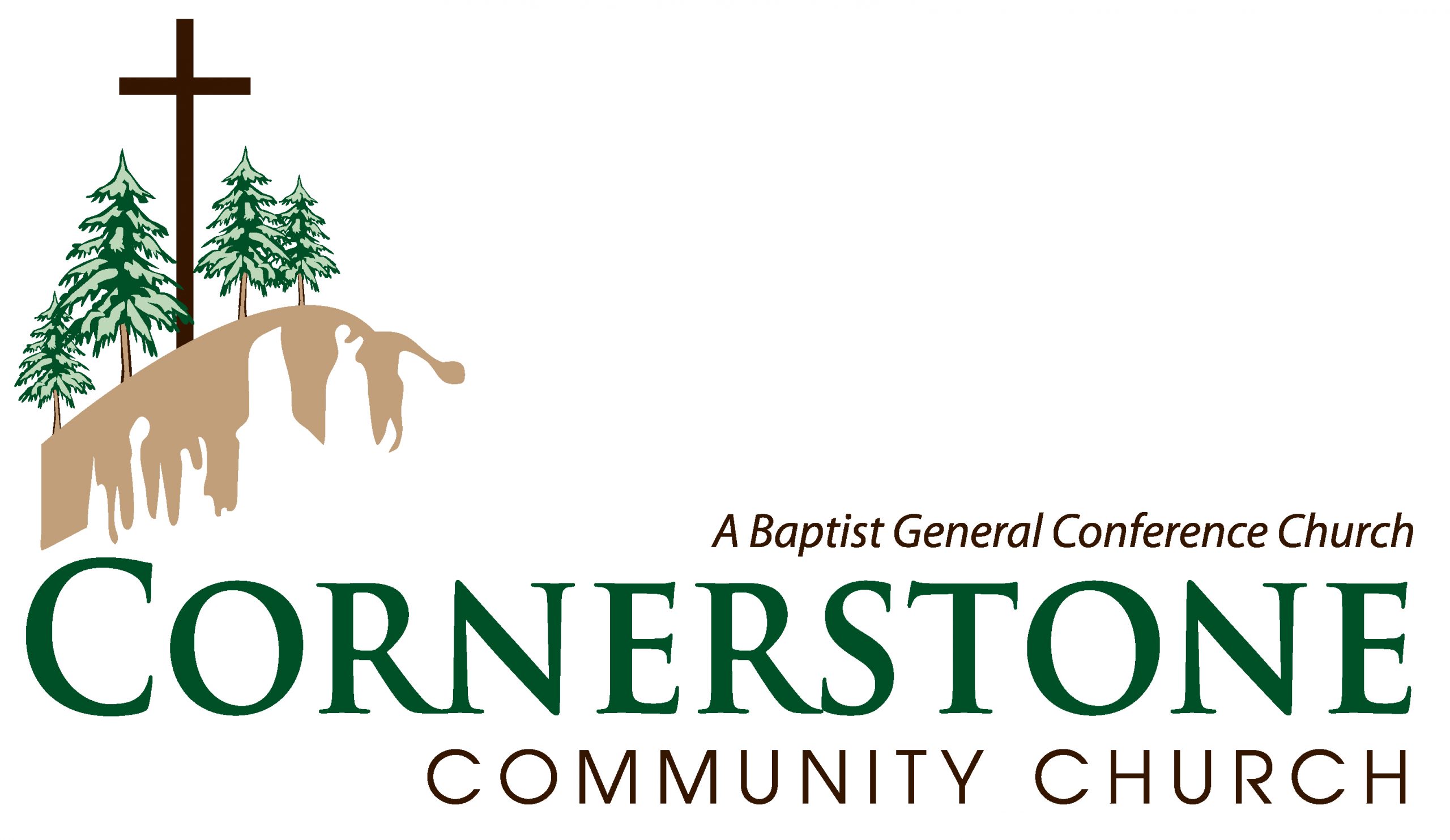Meditations in Preparation for Mother’s Day
 There is a record in the gospel of Matthew of an amazing interaction between a desperate mother and a powerful Savior. Jesus had been teaching on the far side of the Sea of Galilee, but had moved from east to west and retreated to the area of Tyre and Sidon, north and west of the region of Galilee.
There is a record in the gospel of Matthew of an amazing interaction between a desperate mother and a powerful Savior. Jesus had been teaching on the far side of the Sea of Galilee, but had moved from east to west and retreated to the area of Tyre and Sidon, north and west of the region of Galilee.
A woman, identified by Matthew as a Canaanite (the point here being that she is decidedly NOT Jewish), who lives nearby seeks out Jesus. She has a problem and a request. The problem is greater than anything she can resolve alone and she needs help. She needs the help of God. So she comes to Jesus.
“Lord, Son of David,” she cries, “have mercy on me! My daughter is suffering terribly from demon possession!” Normally we would expect Jesus to respond immediately with compassion and deliverance but Matthew informs us that Jesus uttered not a word in her direction. It appears, in fact, that He turned His back on her and kept walking, given the disciples next request, that He send her away because she is following them and crying out.
Jesus does not speak to her, neither to help her or dismiss her. He does respond to His disciples saying, “I was sent only to the lost sheep of Israel.” I wonder that the disciples didn’t offer a response of their own, something like, “Jesus, Rabbi, if that is true, then what are we doing way up here above the borders of Israel in foreign territory?” But they didn’t. I suspect Jesus must have paused to make His answer to them because the very next event Matthew records is that the woman, this mother desperately seeking the well-being of her daughter, catches up with Jesus and falls kneeling at His feet.
Her words to Him are simple, desperate, filled with longing and hope and emotion, and love for her child: “Lord, help me!” This is intercession at it’s purest state, raw with need, willing to risk everything for an answer to a broken heart. This is love poured out in hope, hope poured out in faith, faith poured out in action.
Now Jesus speaks to her, but His response is again not what we might expect. “It is not right,” Jesus replies, to take the children’s bread and toss it to the dogs.” In our individualistic, narcissistic culture we take offense at these words, claiming that Jesus, the Son of God, compares this woman to a dog in order to observe her faith. He does no such thing. What Jesus does is teach His disciples that their idea that Messiah comes only for the benefit of Israel is shortsighted and errant.
Who does He tell that His mission is only to Israel? He tells the disciples, not the woman. He is instructing them. He is leading them. She provides the opportunity for God to make a lasting impression on the hearts of the disciples (and one they will need to revisit in the months following Christ’s resurrection and the outpouring of God’s Holy Spirit.)
The phrase is a cultural truism, a proverb, a pithy saying that represents a larger truth. Do we not agree that it isn’t morally acceptable to deny children access to food in order to feed animals? Do we not agree that our children deserve priority over our pets? Of course we agree to that, and that is all Jesus is asking. He is setting up a point for His disciples.
The woman responds, not with offense, as might be expected in our culture, but with faith. True that, she says. She agrees with the wisdom Jesus has posed but adds an additional wisdom equally true. It is not right to give away the children’s food but no one denies the pets the crumbs that fall from the table.
At that moment, the point made, Jesus affirms the woman’s faith and heals her mother heart by healing her daughter. What she acknowledges and proclaims is this: even if God’s grace is preferred or intended solely for Israel’s benefit (as the Jewish disciples might surmise), God who is compassionate and merciful would not withhold a little overflow from anyone who needs it any more than a human master would deny crumbs to the family pet. She understands who God is and how God is.
This is not about her, or her ethnicity, or the cultural barriers that might exist in the world. This is about God and people and she is certain God loves people. God loves all people, even if, for some, love takes the form of nothing more than not sending then away in their need (not kicking the dog under the table but letting it have the crumbs.) It is faith in the generous and gracious heart of God that Jesus reveals to His disciples through this encounter with a desperate mom.
This is a lesson that God is for you and faith in Him is the best and greatest approach to Him. You cannot gain His favor based on any merit of your own, not upbringing, not education, not philosophical bent, not ethnic heritage. Only with faith is it possible to please God and experience His grace. And faith is not restricted to just one demographic. All those who come to Him in faith, He will in no wise cast out.


No Comments